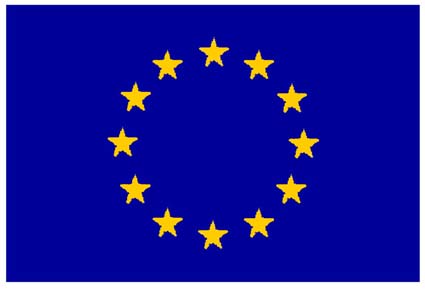
CNR-INO has been active in Optics and Photonics for more than 90 years, and has updated its activities in line with the huge innovations that have characterized this sector over the last century. Currently, the activities include pure and applied research, technology transfer and services for public institutions and companies, education and training.
Regarding the technology transfer activity, CNR has a dedicated task force that operates specifically for this mission, for maximizing the impact of the scientific results obtained in the research activity and creating a solid link between academia and society. In this regard, CNR also supports the creation of spin-off companies.
The scientific activity at CNR-INO is mainly organized in 6 research lines:
• Advanced Optical Materials, Components & Systems
• Cold Matter & Quantum Optics
• Metrology & Spectroscopy
• Nano & Bio Photonics
• Novel Light Sources & Extreme Photonics
• Sensors & Imaging
CNR-INO is appreciated in the worldwide Optics community thanks to its activity on innovative coherent sources (from near infrared to THz), on high-sensitivity and high-precision spectroscopic techniques, on condensed matter and cold atoms interferometry, superfluidity and entanglement investigation and demonstration.
During all its activity, CNR-INO researchers have worked both on the investigation of fundamental physics and on technological applications. Particular attention is generally addressed to nonlinear optical effects, for both investigation in general physics and generation of coherent light, spanning from optical metrology and test of fundamental physical principles, to realization of environmental or industrial sensors for trace gas detection.
The Mid-infrared and THz spectroscopy group has pioneered several key aspects for implementation and characterization of highly coherent sources. In particular, many strategies for quantum cascade lasers (QCLs) noise characterization and frequency stabilization have been implemented and successfully tested for spectroscopic and imaging applications in both the spectral regions. Moreover, this group has a strong expertise in optical design.
The SPHERES (Spectroscopy & PHotonics for Environmental Research and Earth Studies) group has a experience the development and field deployment of laser-bases and spectroscopic sensors for environmental and industrial monitoring, such as: fluorescence LIDAR system for the monitoring of vegetation and water bodies, high sensitivity spectrometers based on tunable semiconductor lasers for high sensitivity sensing of trace gases in atmosphere, and plasma emission spectrometers for industrial process monitoring. The group has gathered a long experience also in the development of solid state laser systems and in the study and characterization of solid state laser materials.



